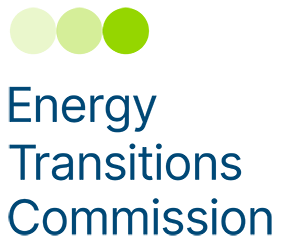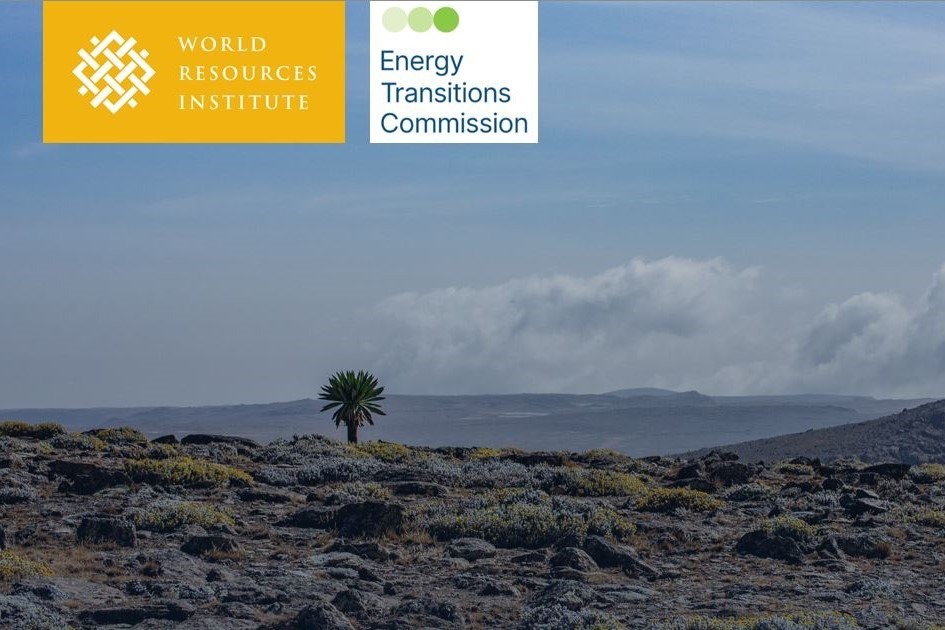Find out about the work from our programmes across the world. In this issue, we hear from the ETC Africa programme, focused on unearthing critical questions and data to inform African energy transition pathways, in partnership with WRI Africa.
Discussions around African energy transitions are gaining more and more importance in global debates around economic development, technological progress, access to energy, green finance, and the achievement of climate objectives and SDGs. Unfortunately, these discussions tend to be characterised by highly polarised viewpoints, oversimplifications, and misguided searches for “one-size-fits-all” solutions, whereas in reality, what is needed is a nuanced, science-informed stance that is driven by analysis on the level of individual African countries – indicating a substantial research gap. The risks of both long-term decision lock-in and international trust breakdown may significantly hamper climate, diplomacy, and development goals.
Africa’s leading institutions in this debate (such as the AUC, UNECA & SEforALL) have clearly articulated the urgent need for data and evidence. In direct response to this call, WRI Africa and the ETC formed a partnership on targeted research and high-level engagement. WRI Africa & ETC recognise the urgent need to bring a clear, fact-based approach to the discussions and moreover, to highlight the critical unanswered questions that decision-makers must consider in formulating more holistic perspectives about transition pathways.
More specifically, our research observes differences and divergences across the key outlook models currently informing the debate, interrogating their proposed scenarios for African energy transitions. Based on this deep review we organise the key driving factors into a succinct problem structure and repackage the best-available data to address outstanding questions. We have focused on Sub-Saharan Africa (excluding South Africa) due to the significant differences in energy mix and consumption relative to Northern and South Africa.
This approach helps identify blind spots in the debates, key assumptions being made, and important variables of high sensitivity in transition pathway trade-offs for African countries. These insights lead to an orderly sequence of clear “no regrets” actions that the majority of stakeholders can agree on for immediate action, and sharply articulated gaps in data availability requiring urgent attention as next steps.
In summary, we found:
- Projections of the scale and pace of clean energy expansion on the continent are highly sensitive to variables such as the cost of capital, project commercial viability, and levels of ancillary grid investment. Existing models often underemphasise these important variables, contributing to the contentions between local and foreign stakeholders. Some African countries need specific forms of financial support from the international community to realise the full theoretical potential that clean energy technologies offer.
- Increasingly viable technologies that may offset the need for fossil fuels in industrial sectors such as steel and fertiliser production warrant much deeper interrogation by local stakeholders. While at the same time, the practical limits of alternatives to cooking solutions, cement manufacturing, and near-term transportation needs may need to be acknowledged by the international community.
- Projections suggest that fossil fuel development for export markets are at high risk of becoming low-return assets. International trends suggest that comparable revenue generation streams can come from green hydrogen and green minerals expansion for the continent, calling for country-specific scenario analyses.
This synthesis has been and will continue to be fed directly into the ongoing debates and dialogue, helping to defuse areas of contention through objective and unbiased data presentation. The work done to date is intended as a first phase; we aim to deepen our work on the power system development, collaborating with WRI-Africa on specific country-level analysis that goes beyond simple binary choices. This work will aim to identify options for the rapid development of low-carbon power systems and electricity access, alongside the financing and policies required to make this possible. The ETC also plans to explore analysis of the opportunities to develop industry on the basis of low-carbon technologies, drawing on MPP sectoral insights.



